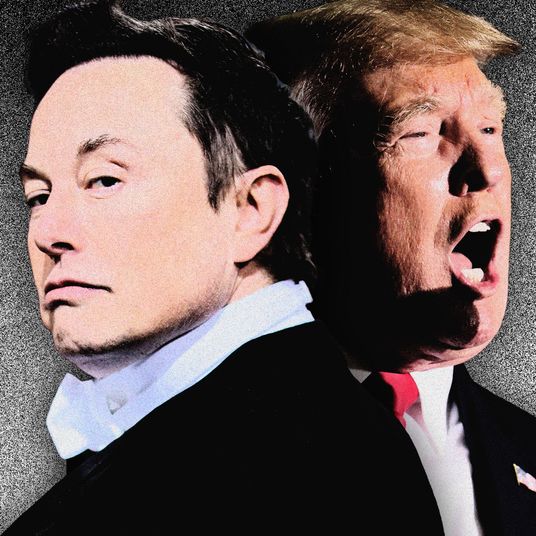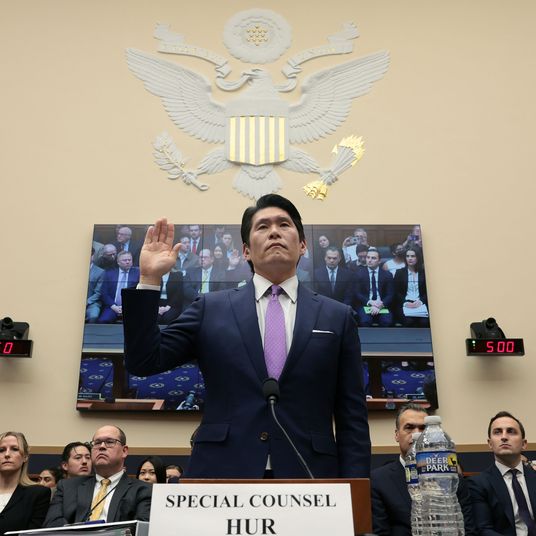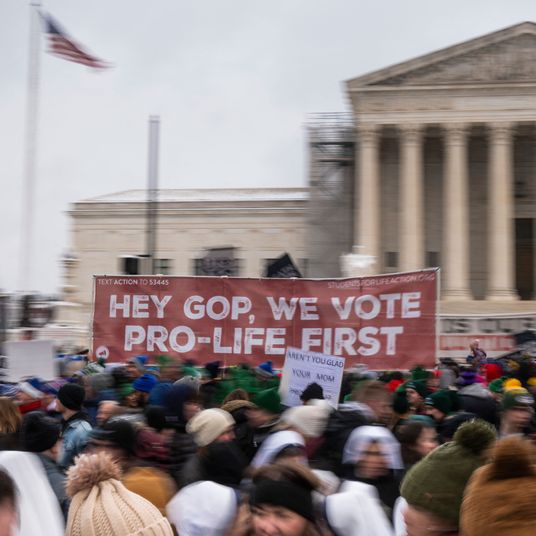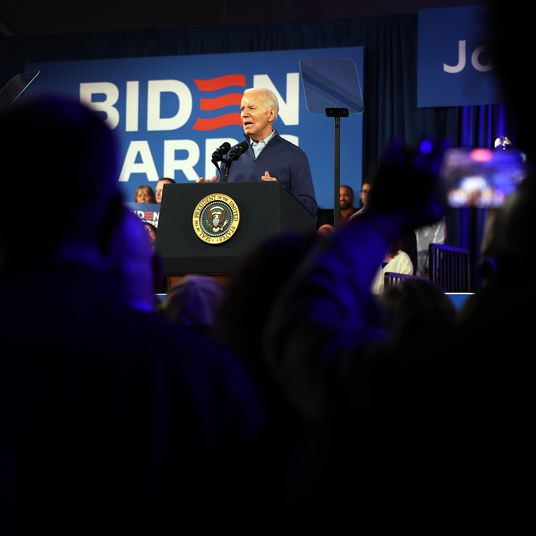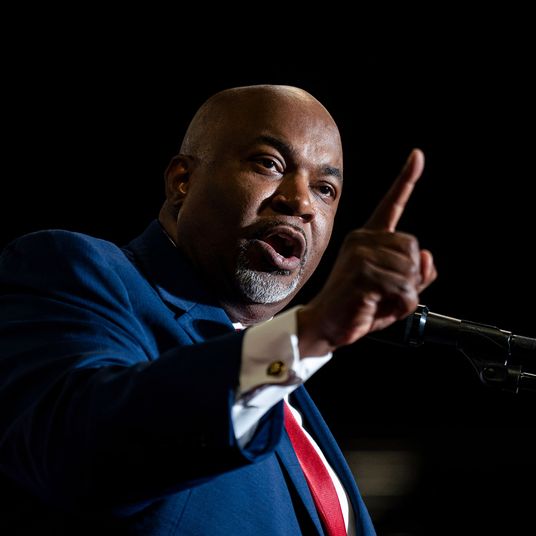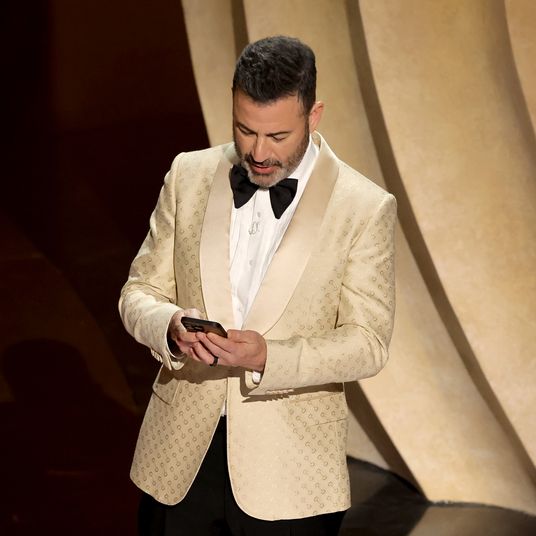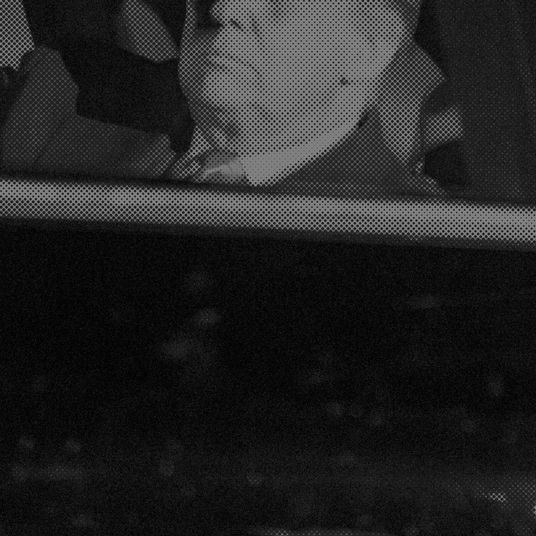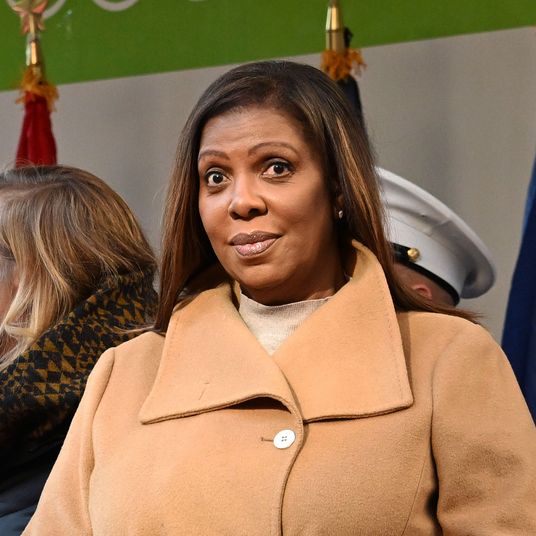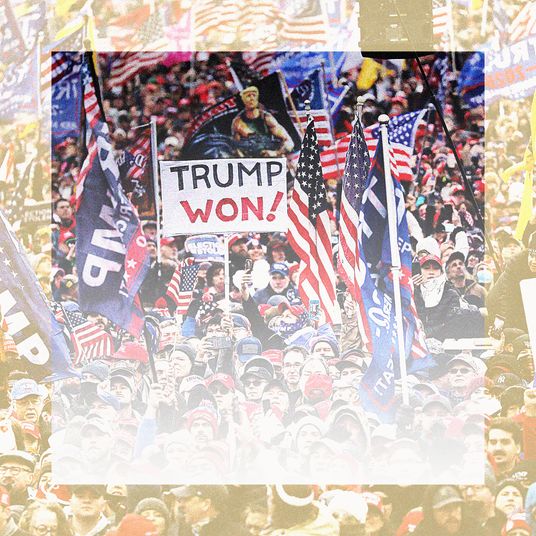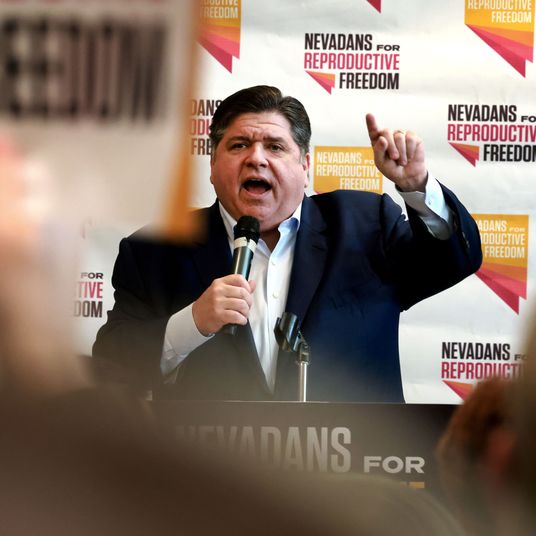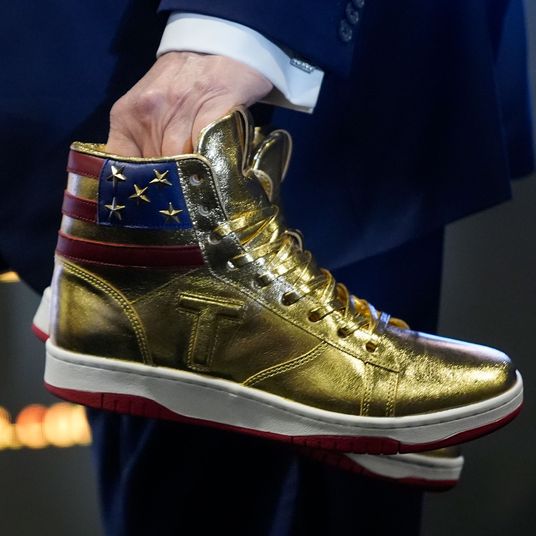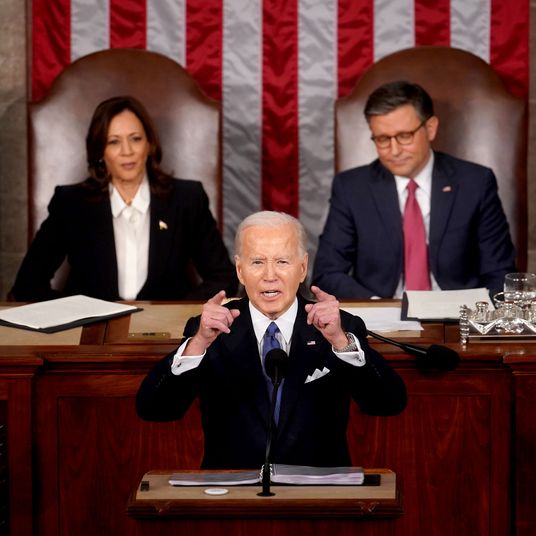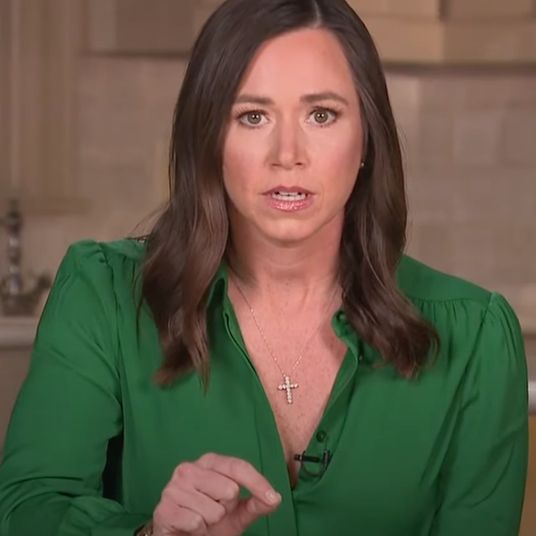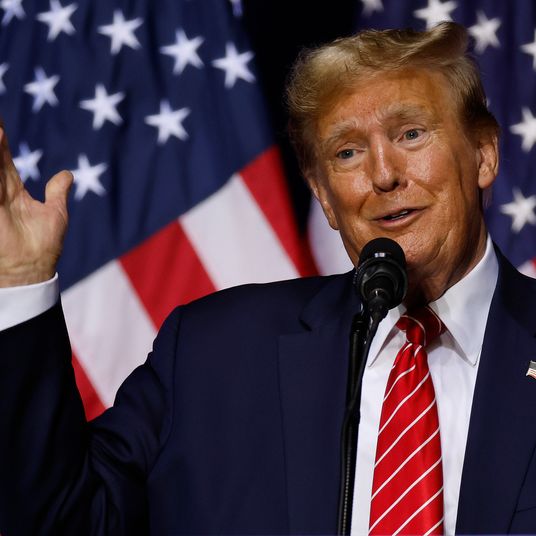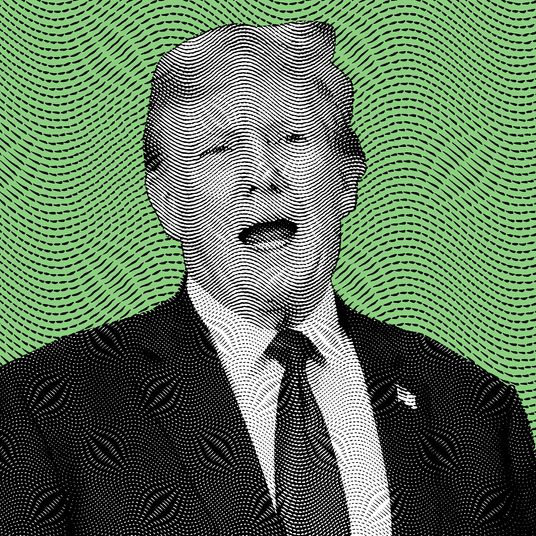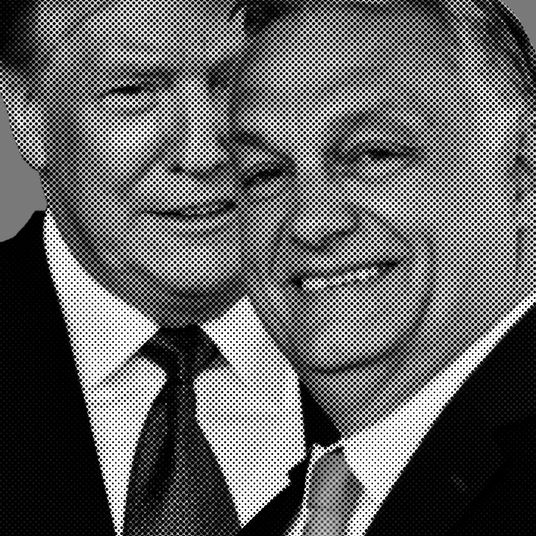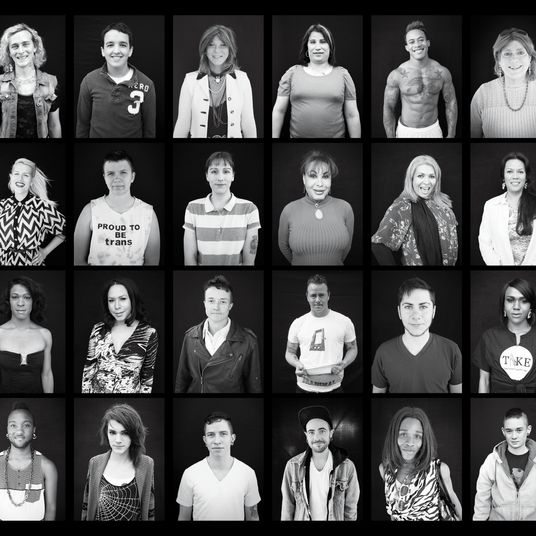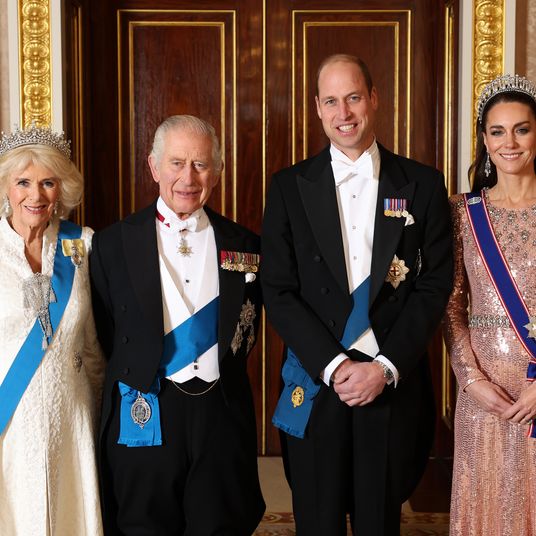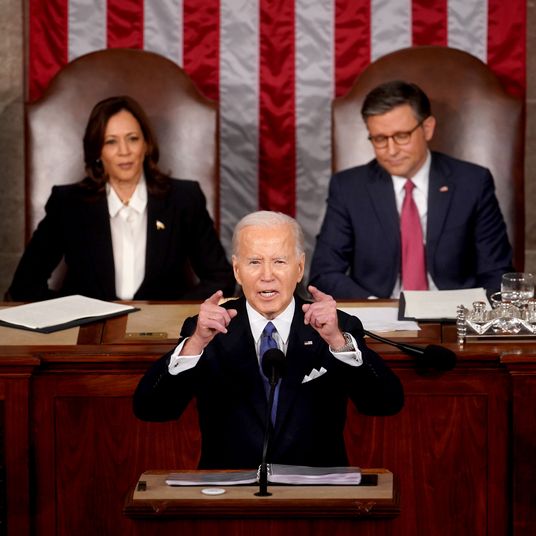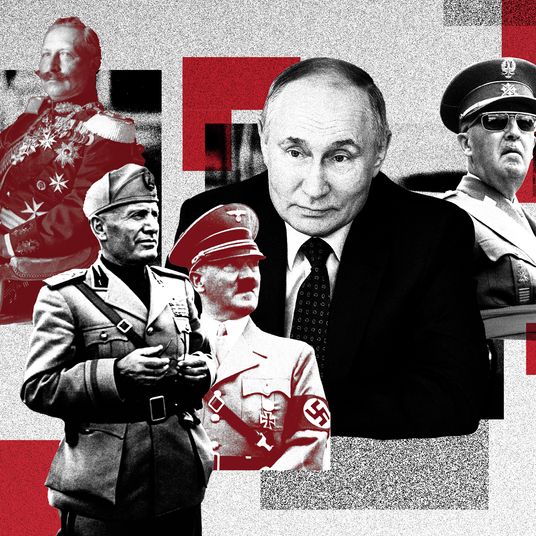Elon Musk wants free speech, but not for his workers. On Friday, the New York Times reported that SpaceX had fired some employees who organized and signed an open letter critical of Musk’s controversial behavior on Twitter. In an email, Gwynne Shotwell, the president and chief operating officer of SpaceX, accused the signatories of making other employees “feel uncomfortable, intimidated and bullied, and/or angry because the letter pressured them to sign onto something that did not reflect their views.” The letter had asked SpaceX to “publicly address and condemn Elon’s harmful Twitter behavior.”
To Musk, Twitter is a megaphone, which is likely why he’s trying to buy it. Yet as the SpaceX letter implies, that megaphone has also revealed an ugly side to Musk’s persona. At the same time, it has also uncovered the exact borders of Musk’s commitment to free speech. Musk wants boundless speech for himself, with no consequences; he’s less convinced that others deserve the same freedom.
After Insider reported that a SpaceX flight attendant had accused Musk of sexual harassment, Musk tweeted jokes about the allegations. In 2021, the Times also reported that the National Labor Relations Board upheld an earlier ruling that found that Tesla, another Musk company, “had illegally fired a worker involved in union organizing” and that Musk had broken the law by threatening unionizing workers with the loss of their stock options on Twitter. The NLRB ordered him to delete his tweet. Earlier this month, he appealed a court ruling that upheld a 2018 agreement with the SEC over his Twitter use. The SEC had previously contended that he defrauded Tesla investors by tweeting that he had “funding secured” to take the company private. Per the agreement, a Tesla attorney screens some Musk tweets about the company, an arrangement that Musk claims violates his free speech.
But how much does free speech really matter to Musk? The fired SpaceX workers now have something in common with Tesla’s factory employees: They’ve lost their livelihoods for speaking out. “Some of my most vivid memories are asking questions about the union to colleagues and being told to shut up or I’d get fired,” Crystal Guardado, a former Tesla worker, told The Guardian in 2018. She was indeed fired after she complained that the chemicals used on Tesla door handles had begun to harm her eyes. “They retaliated against me, I believe, because I was speaking up about my safety and the conditions in the factory,” she said. Tesla, for its part, claimed that it fired Guardado because she had violated its substance-abuse policy; Guardado said she has a medical marijuana card.
She wouldn’t be the only Tesla employee penalized for speaking out on the job or for displaying an interest in unionization. “Pro-union people are generally fired for made-up reasons. There’s a culture of fear because if you don’t comply, you will be fired,” another employee said to The Guardian. “We are told Tesla would go bankrupt if we unionize because we are not a profitable company yet.”
Musk’s union-busting was early proof that his public talk of free speech had created an illusion. The world’s richest man seeks free speech for himself, but he abandons the concept whenever he sees fit. This makes him a hypocrite, for certain, but a familiar one. His commitments to free speech are naturally limited by his status. He’s a boss, and as such, he has a low tolerance for dissent.


